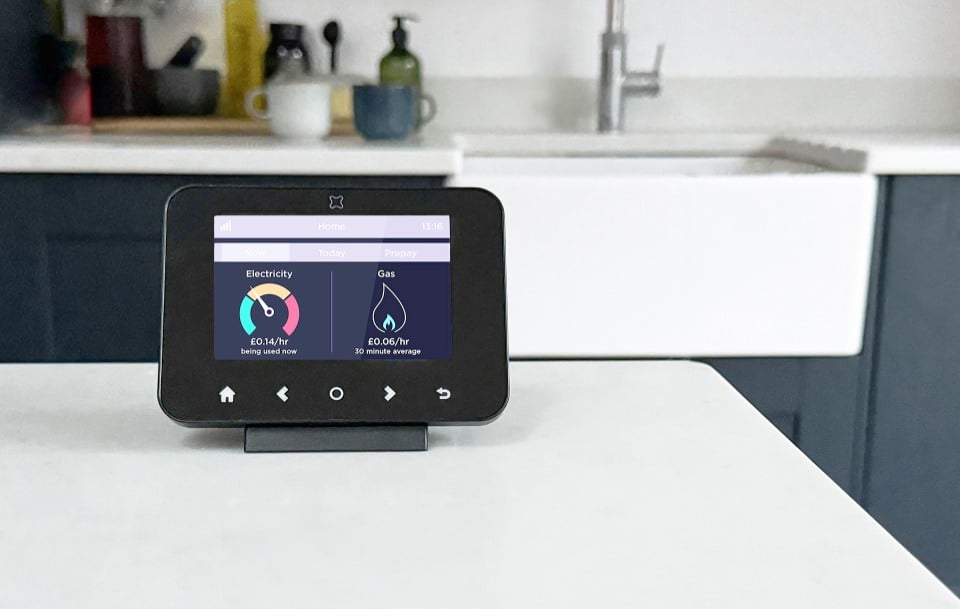The UK’s largest energy companies need to install around a million smart meters every month between them to meet the 2020 roll-out target, according to analysis by consumer group Which?.
The figure – which equates to 24 smart meter installations per minute – stands well above the 400,000 installs currently being carried out each month as quoted by energy and clean growth minister Claire Perry in a recent written answer to Parliament.
Which? says fewer than nine million domestic smart meters have been fitted so far, with over 50 million in total required to be offered to the UK’s homes and businesses, and installed if requested, by the end of the decade.
The consumer group’s research states that even if installers worked 24 hours a day, 365 days a year, they would still struggle at this rate to meet the 2020 goal, leaving some customers who want smart meters still waiting for the savings government has promised to be available from the technology.
Domestic devices are said to save £47 on the average bill per year by 2030 through using less energy and suppliers passing on cost savings. However the roll-out has long been plagued by delays in both the systems needed to facilitate the technology and limitations in the first generation of systems when customers try to switch suppliers.
Which? claims some 250,000 a week would need to be installed to meet the 2020 goal, well above the current figure.
A spokesperson for Which? dubbed the 2020 goal “an impossible task” for energy suppliers, telling Clean Energy News the “unrealistic target” seemed “foolish and mis-managed”.
Doubling smart meter installations over 2018
However, the Department for Business, Energy and Industrial Strategy (BEIS) has responded to the findings by claiming energy suppliers were now preparing to ramp up their deployment plans.
A BEIS spokesperson said: “Energy suppliers’ plans show they intend to double installations in 2018 as large suppliers scale up their operations to provide quick and informative installations of smart meters.
“Smart meters are a vital upgrade to our energy infrastructure, with 400,000 smart meters being installed every month, helping consumers save money and better understand their energy use, which is why the government is committed to energy suppliers offering them to every home and small business by the end of 2020.”
This view was supported by SSE, who in a statement released to Clean Energy News said: “SSE believes in the benefits smart meters will have for customers and has made good progress to date installing more than 750,000 smart meters in customers’ homes.
“SSE is ramping up the roll out over 2018, working towards the deadline of completing the programme by 2020.”
EDF Energy, which says it has installed more than 500,000 smart meters, also said it firmly believed in the smart metering programme.
A spokesperson said: “We plan to continue to increase our rate of smart meter installations over the next three years. We’ve invested in recruiting and training staff and are ready to ramp up following the transition to second generation (SMETS2 meters).”
However, the government has included in legislation the option of extending the secretary of state’s powers to ‘develop, amend and oversee regulations’ relating to smart metering to 2023, despite this being due to be completed by the end of 2020.
Despite this provision, energy companies under scrutiny have in the past questioned the 2020 deadline.
British Gas, which has installed 4.5 million smart meters, reportedly told Which? that it was installing a smart meter every 25 seconds. However owner Centrica previously criticised the current compliance deadline saying it could incentivise companies to hold back from installing smart meters for their own customers in the hope of acquiring others close to the deadline who already have a smart meter in place.
Alex Neill, Which? managing director of home products and services, said: “All parties involved in the roll out must address consumer concerns and resolve problems, including keeping the roll out on track and costs under control.”






